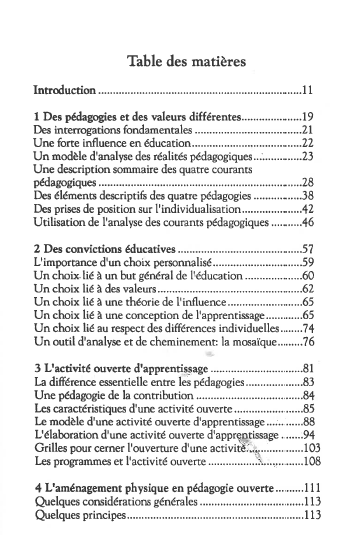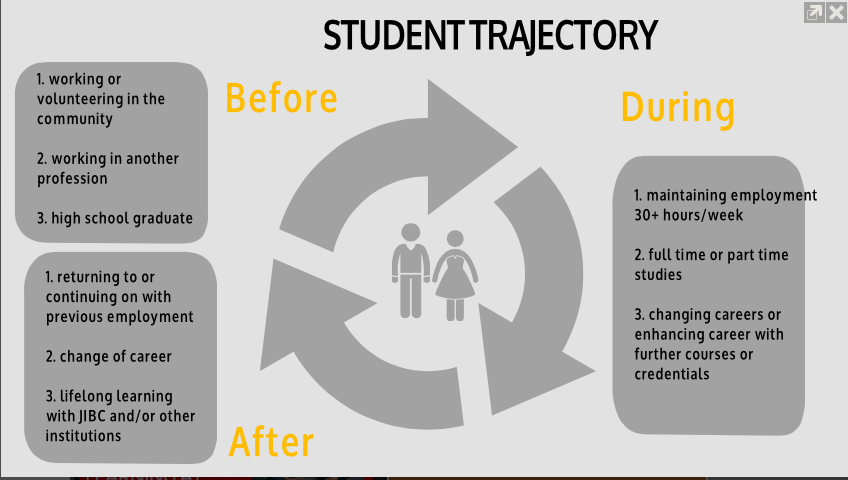Ed Tech, you need to try harder: innovators, keynotes, connected learning and connectivism
I’ve become accustomed to ignoring distilled lists of anything these days on Twitter, but the Chronicle article on 12 innovators has inspired me to reflect on my largely discontented reaction. I don’t dispute that these people are deserving of their nomination, but the 12 best list is symptomatic of what I feel are some disturbing realities in our beloved ed tech field.
In explaining the selection of these 12, Jeff Young, presumably from Chronicle explains in the comments:
We relied on reporting — talking to our sources — as well as people at conferences whose ideas appeared to be gaining traction. We also looked at social-media and blogs. Essentially we wanted to make sure we heard about as many people as we could, so we looked for ideas wherever we could find them.
Here lies problem number 1: Social media amplifies the voices of ‘experts’, which is both good and bad. These experts are naturally showcased at conferences, and the amplification of ideas continues. If you’ve been attending ed tech conferences for more than 10 years you may have found that they are becoming more than a little deja vu. You may also have found yourself seeing the same keynote more than once, despite travelling a significant distance to another country.
This leads us to problem number 2: Only 3/12 of the Chronicle innovators are women (also pointed out by lharasim in the comments). If conference keynotes or plenaries can be used as a barometer, this is actually a fair representation of the gender balance of ‘experts’ in the field. Which begs the question…why do the majority of conference keynotes and plenaries continue to be far from achieving a 50/50 representation? I’ve become accustomed to the 1:3 keynote pattern, but a brief tally of 2012 conferences reveals that most barely attempt or don’t even seem to attempt the one. Yet when I attend these conferences more than 30% of attendees are women. Clearly this isn’t a case of less women in a field. In fact, in the 3 institutions i’ve worked at various ed tech roles at least 50% (and in one case 70%) of the ed tech jobs were occupied by women. Surely this isn’t the exception?
This also begs the question as to whether a keynote should be the most well known, retweeted, blogged person whose youtube videos or webcasts you’ve already seen before you’ve jumped on a plane. Maybe keynotes should be selected on the basis of interesting but least well known? Or on the basis of what the person can contribute to the conversation that hasn’t been said already? Or how about selecting keynotes that aren’t directly in the ed tech field, but whose ideas provide the opportunity to influence the field in new ways? Why do we have keynotes anyways, since sometimes they seem to distract from the voices of other presenters who have equal potential to inspire?
Update: Alan Levine has a good post on Flipping the Conference
Update 2019: Rajiv Jhangiani spent 2018 highlighting a woman or POC over the course of the year. His entire thread is here:
One of my resolutions for 2018 is to participate regularly in #ScholarSunday (a wonderful initiative conceived by @raulpacheco). Because representation matters, I am choosing to highlight the work of a woman or PoC each week for the next 50 Sundays.
— Rajiv Jhangiani (@thatpsychprof) January 7, 2018
Problem #3: Idea deja vu despite (or because of?) the edtechosphere. When I read the connected learning post last week, I have to admit it sounded a lot like the well known efforts of the connectivism folks. I didn’t attend #DML2012 so I have no idea as to whether they were acknowledged, and the question of how this got missed is curious. However, interestingly I think that both groups missed each other. Some of the researchers involved in Connected Learning Research Network are well known sociocultural (activity theory and situated learning) theorists and researchers. Connectivism, as I and others (Thomas Ryberg, Frances Bell) have argued shares many characteristics of sociocultural theories, in particular activity theory. The manifestation of sociocultural theory or connectivism in practice naturally includes MOOCs, distributed learning models, informal learning models, and undoubtedly other yet-to-be discovered learning models that include connection in some way. I’m inclined to agree with Tony Bates that effectiveness rather than purpose is the question to be explored, and there is lots of room for this territory to be shared by those exploring it from different orientations.
But where to go from here if conferences and the ed tech social media sphere are becoming locations of idea deja vus? I’d like to see the conversation really widened to include those whose digital practices lie clearly outside of the usual ed tech field. For example, I’m sure there’s lots of inspiration to be found at the Eyeo Festival which is on my list for next year. And I will definitely find myself at conferences that demonstrate they can do better than a 1:3 ratio.



4 Comments
Pingback:
Grant
Thanks for this Tannis – I am also looking for gatherings/conferences that give me more than a dejavu – big part of the reason why I have been devoting more of my energy and time in makerspace/hackspace orgs – see the great VHS.. Thanks for the heads up on http://eyeofestival.com/ – it looks really great.
eslnotes
good post and maybe you have discovered some universal constant about edu conferences because in the first day of IATEFL 2012 conference the ratio of talks to workshops is 3 to 1!
Lauren
We have deja vu whenever the circle becomes too small- when we think that popular on social media equals fresh innovative ideas, and when we have our go-to speakers and presenters.
Two of my favorite innovative educators in Ed Tech are not as into their social media presence as they need to be to get traction or much of a following among the Ed Tech community. But for them, it is because they pour their time into the learning that is taking place with their students. This, and researching and reading and integrating some great ideas into their classrooms.
I was at a tech conference (not Ed Tech) just last week where we were having a conversation about Twitter, and a few of the people in the conversation were discussing how social media was a bit much to keep up with for them- how they used it for idea sharing and some networking, but they found the balance to be difficult- either they could be excellent in their field or they could be excellent at social media.
Teachers also feel this tension. I know many who do. There would be much to learn from some stellar educators who don’t have much of an online following but their experience would make them experts in the Ed Tech field. But then you have the trouble of no-name keynotes at a conference not bringing in as many attendees.